Blogs
Hello readers, I am Kirsi Cannaday, a new writer for 'Anxiety-Schmanxiety Blog.' I am excited for the opportunity to share my experiences with anxiety. I believe that being open about our mental health battles gives us the strength to heal from them and gives others the courage to do the same.
Pet adoption in mental illness recovery is an important decision. Pets are cute, comforting, and can be great for someone's mental health. Even last week, I saw a dog sporting his "emotional support dog" vest. Many people with mental illness find comfort in their pets, and there are many reasons why pet adoption during mental illness recovery makes sense, but the decision to bring a pet into your life can be equally amazing and stressful.
Setting boundaries is not commonly recognized to boost self-esteem, but I have found that it does. Self-esteem is integral to helping us traverse life. Navigating life with mental health challenges can be like treading water in a stormy sea. I have faced my share of turbulent waters, struggling to maintain my self-esteem amidst the chaos of emotions and thoughts. One practice that has proudly transformed my journey is setting personal boundaries. It's not just a skill; it's an act of self-love and empowerment. Setting boundaries can enhance self-esteem.
Coping with depression triggers generally requires practicing specific skills. It isn't always easy to continuously do so, especially when the skills should be practiced proactively. However, practicing coping skills and being self-aware of how to cope with depression triggers could help some either avoid a depressive episode or experience a less severe depressive episode.
Parenting in gambling addiction recovery is not easy. The weight of gambling addiction isn't just on us, the ones battling it; it bleeds into the lives of loved ones, especially our children. That's why it's important to consider parenting in gambling addiction recovery.
My name is Radhika Lakshmanan. I am excited to join the "Binge Eating Recovery" blog and share my story about my recovery from binge eating disorder. I developed binge eating disorder during my first job, where I struggled with depression, anxiety, and binge eating. I had unresolved past traumas from childhood due to growing up in a physically and emotionally abusive family.
Many people find it challenging to cope with disappointing others, whether a loved one, a friend, or a coworker. I am no exception. I will avoid disappointing someone if possible. We all know how it feels to be disappointed or let down, so why would I want to inflict that feeling onto someone else? I possess great empathy for others, almost to a fault. So, to know that I am about to confront someone and make them feel sad or disappointed makes me feel guilty, which then leads to depression. However, lately, I have been trying to reroute my thinking and people-pleasing tendencies to remember the positives and why I can no longer appease everyone to help cope with disappointing others.
Once a person has experience with a person with bipolar disorder, they may assume that they will always have a similar experience with others who have bipolar disorder. In other words, a person may paint everyone with bipolar disorder with the same brush. If the first person with bipolar disorder they have experience with is very intelligent or creative — they may think all people with bipolar are. On the other hand, if their experience with a person with bipolar disorder was very negative, they may assume that all their future experiences will go the same way. Generalizations of any group don't help us, however.
Living with borderline personality disorder (BPD) often means grappling with borderline PD mood swings that can swiftly turn my world upside down. When these BPD mood swings hit, thoughts become tangled in cognitive distortions, and black-and-white thinking takes hold, making it difficult to see shades of gray or to check the validity of my assumptions. In other words, BPD mood swings are a rapid descent into a world where worst-case scenarios feel like certainties.
Learning how to silence your inner critic after trauma can feel impossible. Personally, I developed a harsh (and loud) inner critic during early childhood following a trauma that made me question my worth. As I grew up, I found it "safer" to try to be the perfect kid, teen, young adult, and now woman, thinking maybe it would make me more worthy of love and good treatment. However, this has only ever perpetuated more self-loathing and vicious cycles.
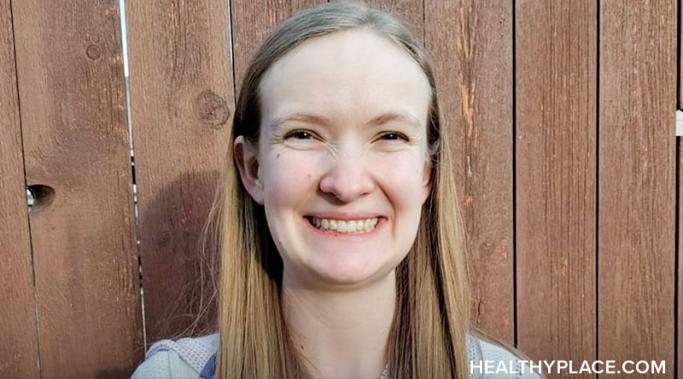
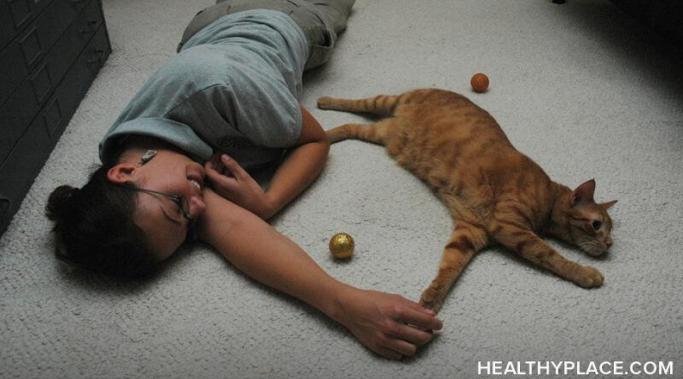
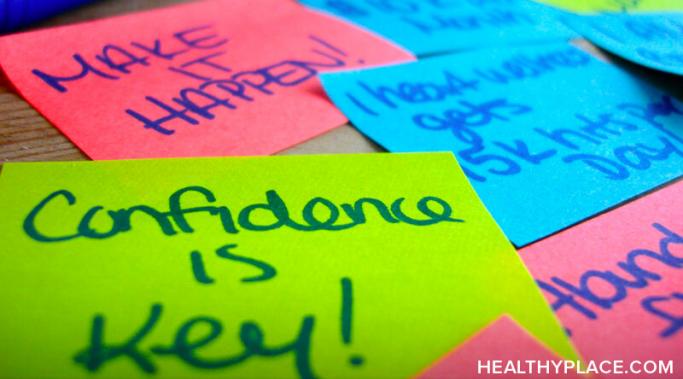
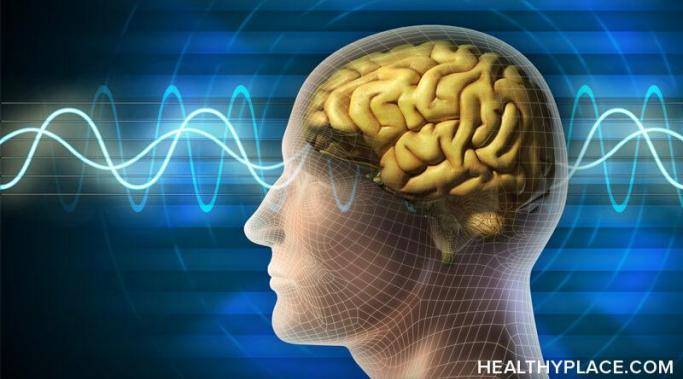

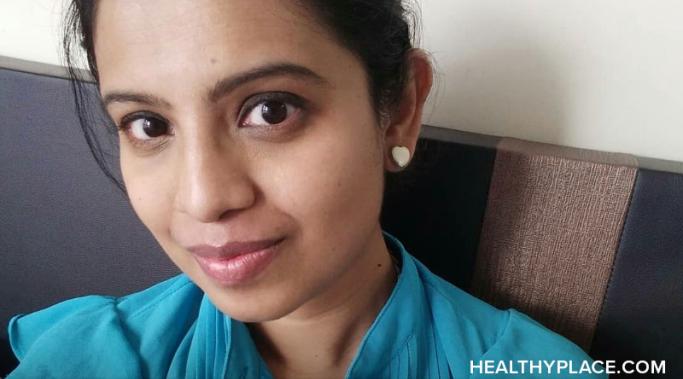
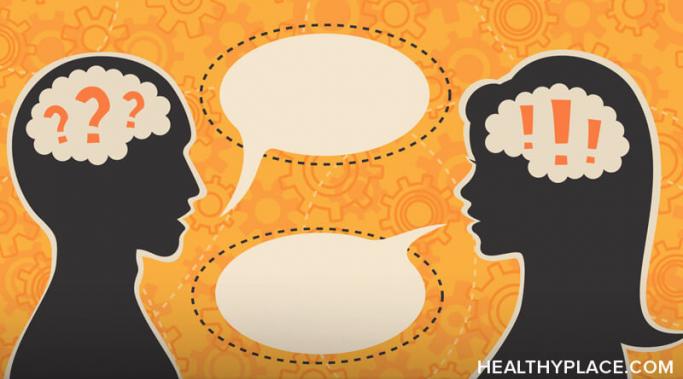



I'm looking for information for my sponsee. She and I are in OA. She is not a newbie but she is struggling how to manage bipolar with a 12-step program.
Can we chat?
but i do have some things i want to bring up
>people looking for "sourcemates" never really made sense to us, but we got manipulated into it anyway and all it ensued was gaslighting, brainwashing, and grooming. it has put us in abusive relationships many times until we put our foot down about it. though, i have seen people use "sourcecalling" as "hey we have the same source we got introjected from lol" and not "I SHARE MEMORIES FROM ANOTHER WORLD WITH YOU", so im glad that's dying down a bit.
however, this doesnt change the fact that some of us fictives can have these fake memories, especially after splitting since that disorients us/the alter, it is just important not to fuel them, as that would be delusion, and it has hurt us many times.
it is important to steer away from these beliefs, but also know some of those people could be being manipulated right now by fakers (like how we were manipulated ie) etc.
>"endogenic" is completely made up and scientifically impossible. endos claim they do not need any trauma at all to form did/osdd, this is far from true. i dont think you need me to tell you that though, it's just for people scrolling by mostly.
>a lot of people try to loop tulpamancy into did, which is harmful for both the disorder and the spiritual practice. a lot of people call themself "tulpagenic" system, meaning they think they just manifested their system willfully. this is, like endogenic, scientifically impossible, and tulpamancy has nothing to do with a dissociation disorder at all.
>i also disagree with people posting about their "system", ESPECIALLY on tiktok, like its some show or diary for them. not only is it extremely harmful for that system if they happened to be a real system making a bad decision - but if the person is faking being a system, then now they are spreading false info on did, which is why us as a real system get slurred and screamed at by people we called "friends" anytime we tell them after knowing them for a year or so. it is messed up and i agree with the disdain for tiktok.
>for us, some of our fictives formed off of recent medias we have seen before having a traumatic or dissociative experience. our brain i guess picks up stuff like that and thinks whatever qualities the fictional character had would be helpful to us and put it in an empty shell and formed that alter, which has always confused us and made us get scared of faking despite or diagnosis process. ive met confirmed diagnosed systems who also have this experience. none of us picks what the fictive is based on or when they form, the brain is a mystery. ive also come to conclusions autistic systems have higher chances of having more fictives/general introjects than non-introject alters.
>anyone who claims they "recently became a system" might be confused on their wording or how it works, or they might really just be faking. some people are newly discovered, which is VERY VERY VERY normal for us with DID. we usually wont notice it until we are older or something very drastic happens (being hospitalized because of a persecutor ie.) for us, we began to notice weird things more in 2018, then found out about it in 2020. which was awful. when you finally figure out what could be wrong, and then get medically recognized or a diagnosis, its both hell internally and socially, and this usually happens when you are a child/preteen/teen, which makes it even harder and people make a lot of bad and unhealthy mistakes with how to cope (like getting manipulated or being waayyy too open about it/using tiktok like a diary.)
>for alters "already knowing the ropes of the system", this has always made us very distrusting of other people, but there are many factors as to why that can possibly happen, or just at least to a short degree.
-they might be an osdd-1b system, meaning they have little to no amnesia, or just emotional amnesia.
-when they split, another alter or that system's friend already explained everything to them internally/privately, so of course you wouldnt see that.
-alters split from each other, so that can leave to those two alters having a lot of similarities, along with a few key memories that alter may have as an instinct in order to survive or function.
what ive found is its best to not fakeclaim a system based on a few things you know about them because of how different each system is. they could be a did system, an osdd-1a system, or a osdd-1b system - so if you were one of the three, you wouldnt be able to really understand the other two. many systems can also have different traumas, experiences, coping mechanisms, and their medical history (other disorders the body has, if they have a therapist or not, what theyve done to cope with did/osdd, etc.)
the only time i ever fakeclaim someone on this is if they are spewing factually proven incorrect statements as true, and maybe even putting ACTUAL true statements down, but i find it's best not to interact with fakers, as they are usually just baiting and they will never change their mind for you. it's best to just research correctly, (did-research.org is a good source.), and make sure you spread the correct info and tell people to watch out for endos/myths. though, i have seen cases where "endos" were manipulated into thinking they were endo (by someone giving them the wrong definition, usually being "endo means u dont remember trauma!" [ which is incorrect, that is still traumagenic.]) or they are in denial of their trauma. it's best not to assume, and arguing with endos is draining, so as i said, its better to educate generally than to argue directly.
this was long, but i hope any of this helps.
As a fictive, yes, we KNOW we arent the character. we are fully aware of that. while i do agree i and most others in our system HEAVILY dislike the "sourcecall" "sharing memories" stuff, as it never made sense to us, and even then when we blindly followed it somewhat, it was used to abuse us. so you are correct about that and i hope other systems who are newly diagnosed/process of diagnosis do not fall into the rabbit hole we did, but i should make it clear to you that most of us fictives DO experience these fake memories, especially when a fictive newly splits, a split in general leaves the alters and system disoriented and confused. a lot of DID communities online fueled our "psuedo memories" and it only harmed us.
fictives DO experience these fake memories, having them doesn't invalidate the existence. you just need to not fuel these "memories" because it can be harmful for that alter to the whole system. sorry that this was long, but a lot of your comments were borderline fakeclaiming fictives, which are proven to be real. yes, some fictives can be convinced they ARE the character, but it's them and their system's responsibility to alert them of the truth, instead of the entire concept of our (fictives) existence being claimed to be fake.